What is COMAH Project?
COMAH is ‘ Community Maternal Health ‘ Project that aims to significantly improve maternal and infant health outcomes in underserved areas of Uganda by providing comprehensive support to expectant and new mothers. This initiative focuses on enhancing maternal health education through workshops and informational resources, improving access to essential healthcare services such as antenatal and postnatal care, and training local healthcare providers to deliver high-quality care. By fostering community engagement and establishing support networks, the project not only addresses immediate health needs but also empowers women with the knowledge and resources necessary for a healthy pregnancy and safe delivery. The Community Maternal Health Project, holds immense potential to catalyze positive change in the lives of women and children in Ugandan regions. Through a comprehensive approach focused on access to quality healthcare, education, advocacy, and capacity building, this project seeks to address the critical challenges facing maternal health in our community.
A key aspect of the project is its focus on supporting and developing the local healthcare workforce. By offering specialized training programs for midwives, nurses, and other healthcare providers, the project enhances their skills and capabilities in delivering high-quality maternal care. This training is complemented by the provision of essential medical supplies and equipment to ensure that healthcare facilities are well-equipped to meet the needs of their patients. Deatailed proporsal of COMAH project
Our COMAH Project Objectives
Increase Access to Maternal Healthcare: The objective of increasing access to maternal healthcare is central to the “Community Maternal Health” project. This objective focuses on ensuring that all women, particularly those in underserved and remote areas, have access to comprehensive, high-quality maternal healthcare services. By addressing barriers to healthcare access, we aim to reduce maternal and neonatal mortality and morbidity rates and promote healthier outcomes for mothers and their babies.
Enhance the Quality of Maternal Healthcare: The project is committed to enhancing the quality of maternal healthcare in Uganda regions. This objective focuses on ensuring that pregnant women and new mothers receive the highest standard of care throughout their pregnancy, delivery, and postpartum period. By improving healthcare services and capacity, we aim to reduce maternal and neonatal mortality and morbidity rates and foster a healthier community.
Promote Maternal Health Education and Empowerment: This objective is the project central to achieving sustainable improvements in maternal and neonatal health outcomes in Uganda regions We focus on equipping women and their families with the knowledge and resources needed to make informed decisions about their health and well-being.
Project Beneficiaries
This project mainly focuses on the well being of vulnerable pregnant women and teen girls who are victims of abuse
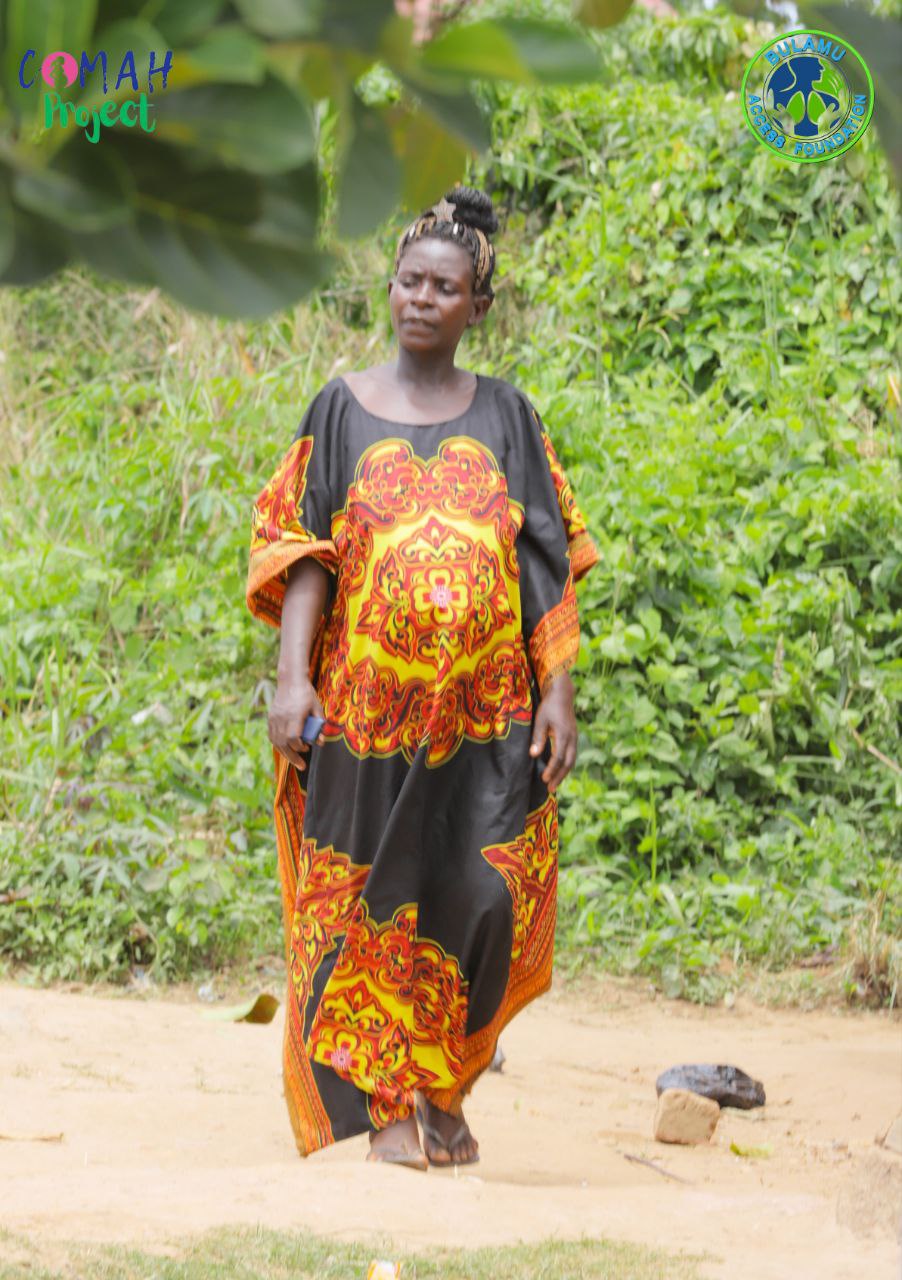
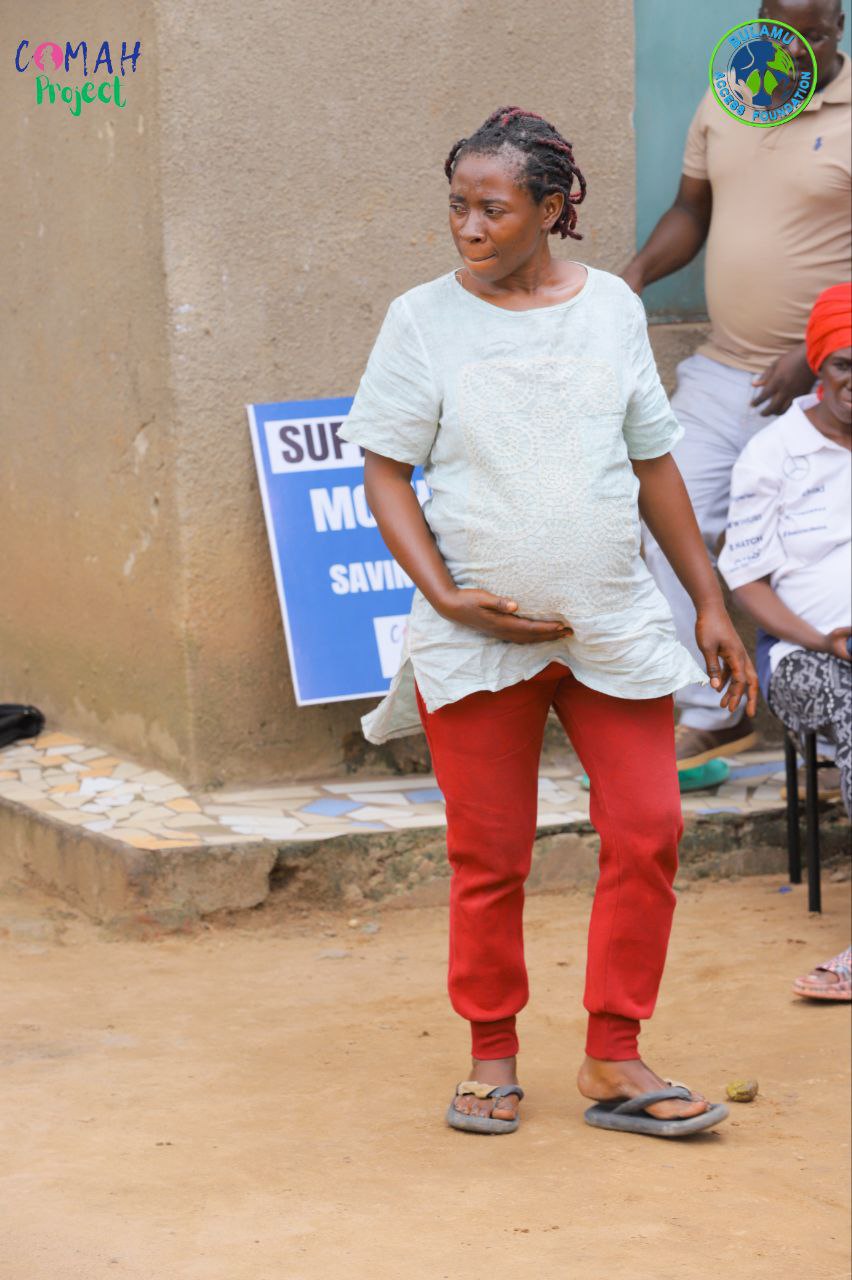
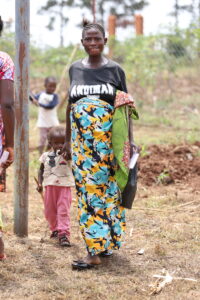
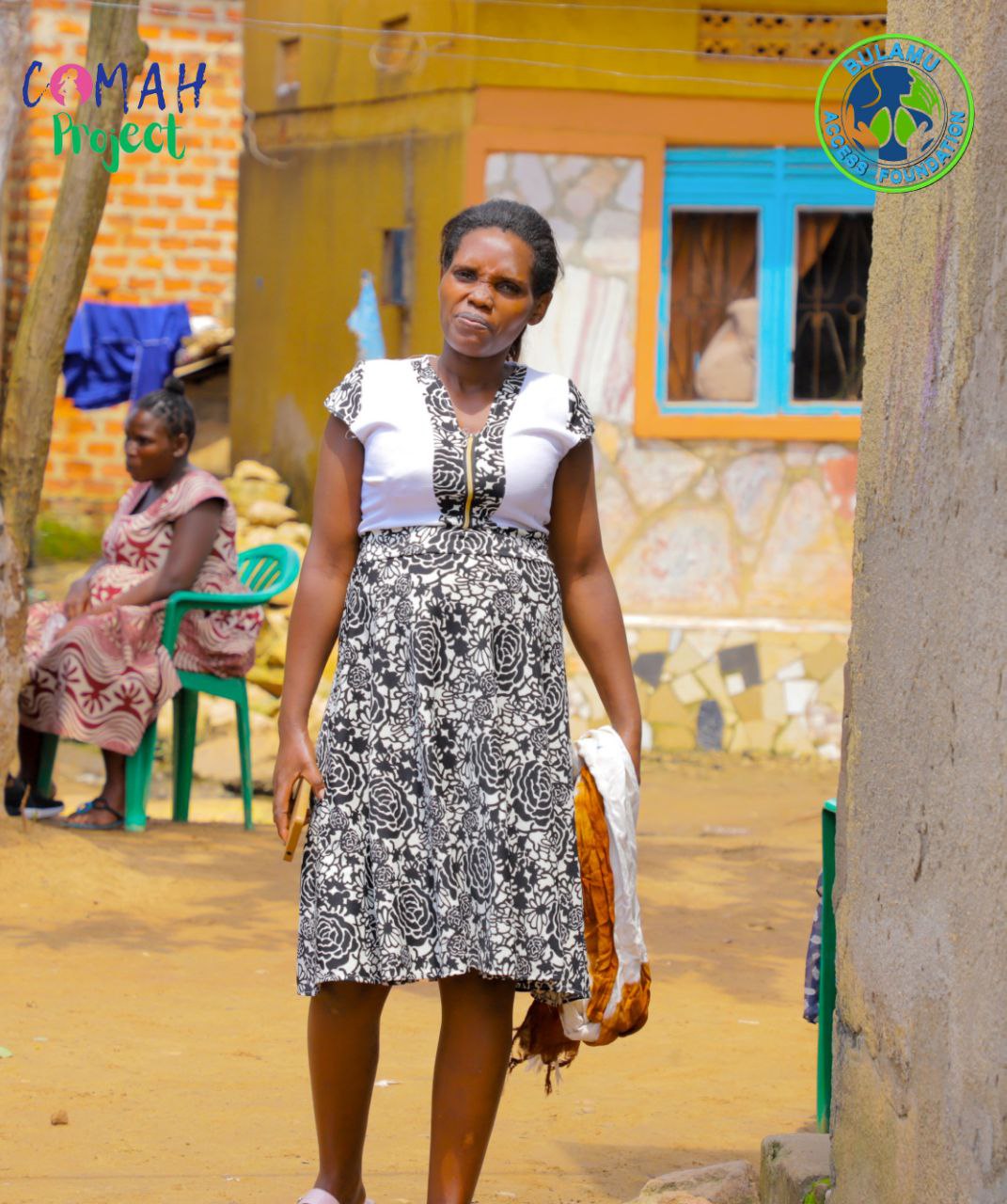
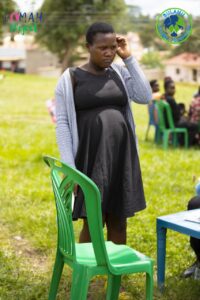
On going comah campaign to reach more women in need
Please support and save lives of the un-born babies


Expected Project outcomes
Reduction in Maternal Mortality Rate from 100 deaths per 100,000 live births to 5 deaths per 100,000 live births.
Increase the percentage of pregnant women attending at least four ANC visits from 60% to 80% within the project’s timeline.
Increase the percentage of mothers receiving postnatal care within 48 hours of childbirth from 40 to 70%.
Increase the percentage of women of reproductive age using modern contraceptive methods from 50% to 90 %.
Conduct 80 number of community education sessions or workshops on maternal health topics, reaching 1000 number of participants.
Improved Birth Preparedness and Complication Readiness: Women will be empowered with knowledge about birth preparedness, including recognizing danger signs during pregnancy and childbirth and making timely decisions to seek medical care. As a result, we anticipate a higher percentage of women being adequately prepared for childbirth and equipped to handle complications, thereby reducing the risk of maternal and neonatal complications.
